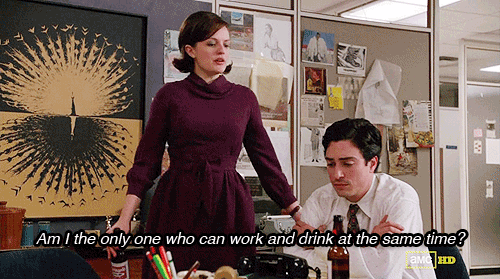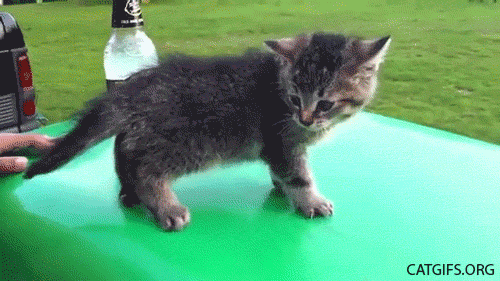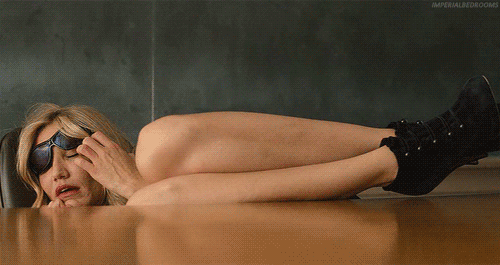Ping-pong tourneys, bringing your dogs to work, and gym memberships are among the new standard of perks companies are offering to retain employees these days, but the latest trend is here beer and looks like it’s sticking.
More and more companies are offering alcohol as a perk to their employees; some of them during work hours.

The perception of office drinking culture has changed over the last few years in a positive way, partly in thanks to startups offering employees coolers of ice cold IPAs and kegs to differentiate themselves and create a fun environment. Local beers are highlighted and some companies even take it a step further to concoct their own creations.
Of the companies providing beer, most allow employees free reign and trust about when they fill up that red solo cup, and how often they refill it. (Hey buddy, we see you, 10 a.m. is a bit early!) However, some companies have specific guidelines for designated office happy hours during the workday, or a strict no alcohol policy until after work hours.
And for those companies who want to be “cool”, but still limit employee alcohol intake, there is the Keg Bot. It can monitor not only the keg volume, but also has badge access that logs every time someone accesses the tap.
Alcohol at work sounds like a fun party, but what exactly is the good, the bad, and the ugly about having beer available to employees throughout the day?
The Good:
- Aids in creativity. Studies have shown that mild intoxication can assist with thinking out of the box and coming up with more abstract solutions.
- Recruiting. One of the perks for bringing talent to the company! Plus, higher job satisfaction paired with better culture means higher retention.
- Builds teamwork. Drinking with team members helps build camaraderie and is much easier when it’s available right after work rather than trying to get people together at an outside location.

The Bad:
- Employee safety. Drinking lowers inhibitions, and with that there’s a fine line between friendly banter and sexual harassment. Will HR be around to monitor everyone?
- Liability. What happens when employees need to drive home or fall and hurt themselves on company property because they were inebriated?
- Peer pressure. Some people don’t drink for various reasons—health, alcoholism, etc. How do you make sure the non-drinkers don’t feel ostracized for the wrong reasons?

The Ugly:
- Accountability. You don’t want to see Nancy from Accounting wastey-pants trying to do the numbers for the end of the quarter.
- Temper, temper. While a few beers can loosen you up, it can cause negative behavior for some people. Fighting with coworkers and crying about an ex is NOT work appropriate.
- Cleanliness. This is a company, not a frat house. Who has to clean the bathroom when Nancy tosses her cookies at 2 p.m.?

While drinking in the office during work hours is a cool, new perk, it could impact productivity in a negative way. Camaraderie can turn into “oh man, he was so drunk he started falling over the desks and yelling obscenities at the lamp.” Think about your own embarrassing drunk story, now change the setting to your office. Would you want your boss to see that situation?
Having in-house happy hour sounds like a good idea, but companies must ensure employees are safe and the company is protected in case any accidents may happen. A company sponsored after work happy hour where employees can partake if they want might be the safest route to a good time. This is one issue to clear with HR department before you start handing out the adult beverages!
